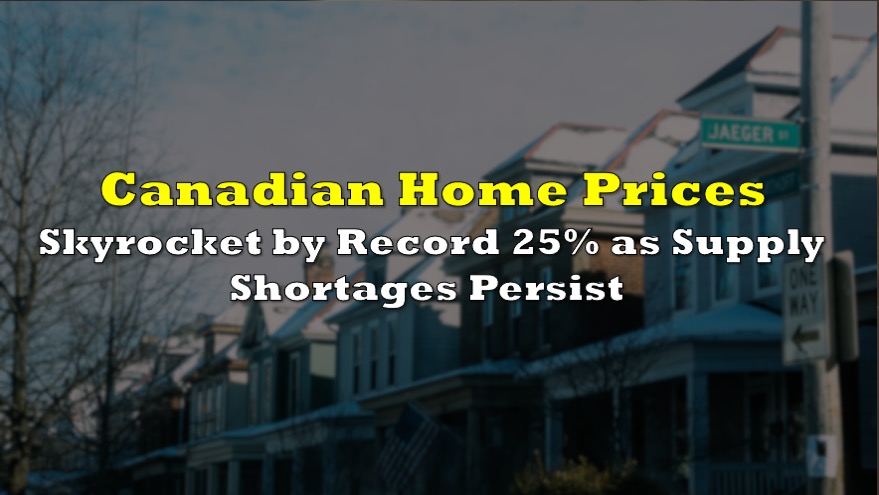The Covid-19 pandemic has caused a significant shift in workplace dynamics for numerous Canadians, with many suddenly adapting to the reality of working remotely from their homes. Although the pandemic tapered off during the summer months of 2020, prompting some Canadians to return to the office, many still remained at home — especially following a resurgence of the virus in the fall and winter.

The ongoing public health orders have succumbed Canadians to their homes, many of whom have begun to re-evaluate their housing needs. The demand for more spacious accommodations has skyrocketed, as city dwellers ran to the suburbs in search of homes that offer more space for at-home offices, gyms, and schools. However, according to CIBC World Markets deputy chief economist Benjamin Tal, there are risks associated with the current work-from-home model that Canadians have become accustomed to, and they will likely become elevated once the pandemic subsides.
In an interview with Bloomberg, Tal suggests that the trend of working from home is unsustainable in the long run. “It will probably continue over the next few months … but let’s picture our lives a year from now, 10 years from now. A huge amount of labour will go back to the office. A lot of that would be in big cities and all of a sudden you find yourself that you have to commute maybe two or three times a week.” According to him, putting an end to remote offices will likely have a negative impact on the economy.
He points out that once companies and businesses resume the full utilization of their offices, Canadians that have grown accustomed to working from home — especially those that have relocated to suburban and rural areas, may eventually find themselves facing reduced work flexibility and longer commute times. Depending on their work schedule and distance from their office, some may even have to invest in secondary living arrangements that are in the city.
Tal also notes that the shift towards remote work environments could end up challenging the suburban real estate market. The pandemic has created a situation where Canadians took advantage of record-low interest rates and relatively cheaper housing in suburban and rural areas, resulting in a price acceleration that has the potential to disrupt real estate markets in those regions.
Information for this briefing was found via Bloomberg. The author has no securities or affiliations related to this organization. Not a recommendation to buy or sell. Always do additional research and consult a professional before purchasing a security. The author holds no licenses.









